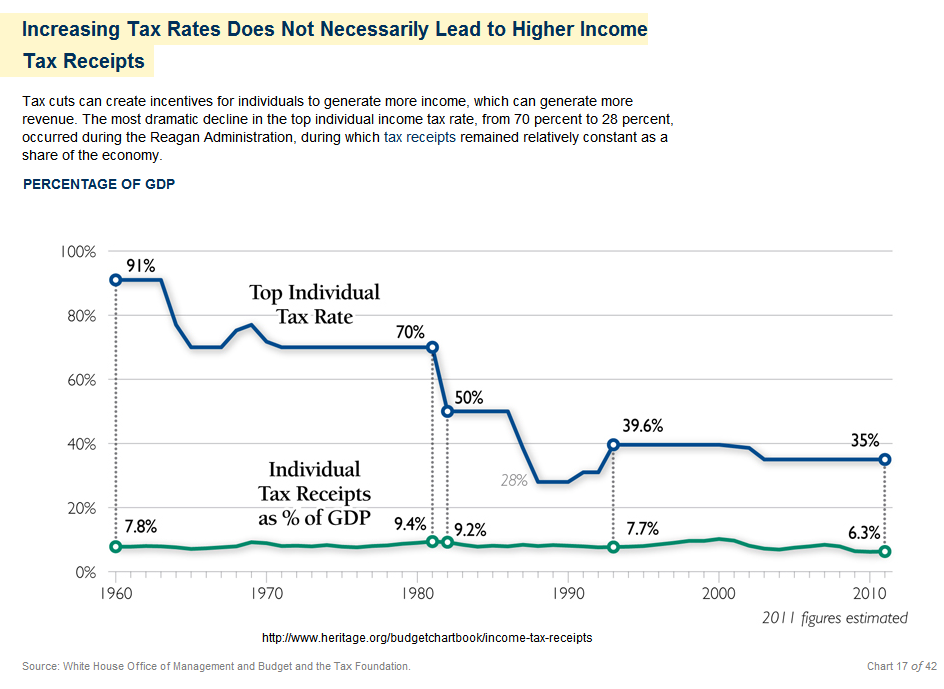- Joined
- Nov 14, 2009
- Messages
- 23,945
- Reaction score
- 19,681
- Location
- Rocky Mtn. High
- Gender
- Male
- Political Leaning
- Progressive
Ok, this thread is going to be different from anything else you have read here so far. I am a grass roots activist, just started actually about 2wks ago, and I am looking for critique and input on three specific ideas that I have had involved with solving the federal debt problem. I am nonpartisan, have little interest in discussing the debt just to give me something to talk about and have zero interest in blaming a particular politician or party for our problems. This thread is based strictly on solving the problem and I need as much constructive criticism and input as possible from all the intelligent posters I have read here.
I have built a very basic information website that it will be necessary for people to read but then I want to debate them here on this site. I will be posting links to that site but please do not consider it to be spam. It is just that the ideas have a lot of verbiage and it wouldn't be recommended to post all of that on here. The site the links lead to was built by me, has no advertising and doesn't sell anything and is strictly for information purposes. I just considered it to be the easiest way to expose people to the ideas in a way that everyone can easily reach. So, please read the link and then return here so that we can debate them and I can get as much input and constructive criticism as possible where everyone can take part.
The ideas posted on the links are not short so please keep this in mind if you decide to become involved in this thread. It will involve quite a bit of reading and critical thought, not just short posts. Please bring any questions or comments back here because this site provides the best format for us to discuss them. I sincerely appreciate the forum this gives me to debate these ideas and would not want to do anything to abuse the resource provided by this site and staff.
Since there are three ideas please begin any replies with which idea you are referring to try to avoid confusion. Thank you in advance for your participation.
The debt is not a problem; its deficits that are the problem. Fix the deficits and the debt will take care of itself over time.

